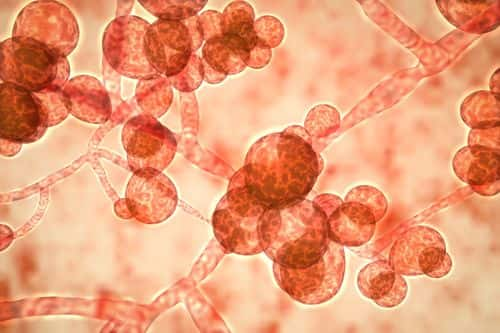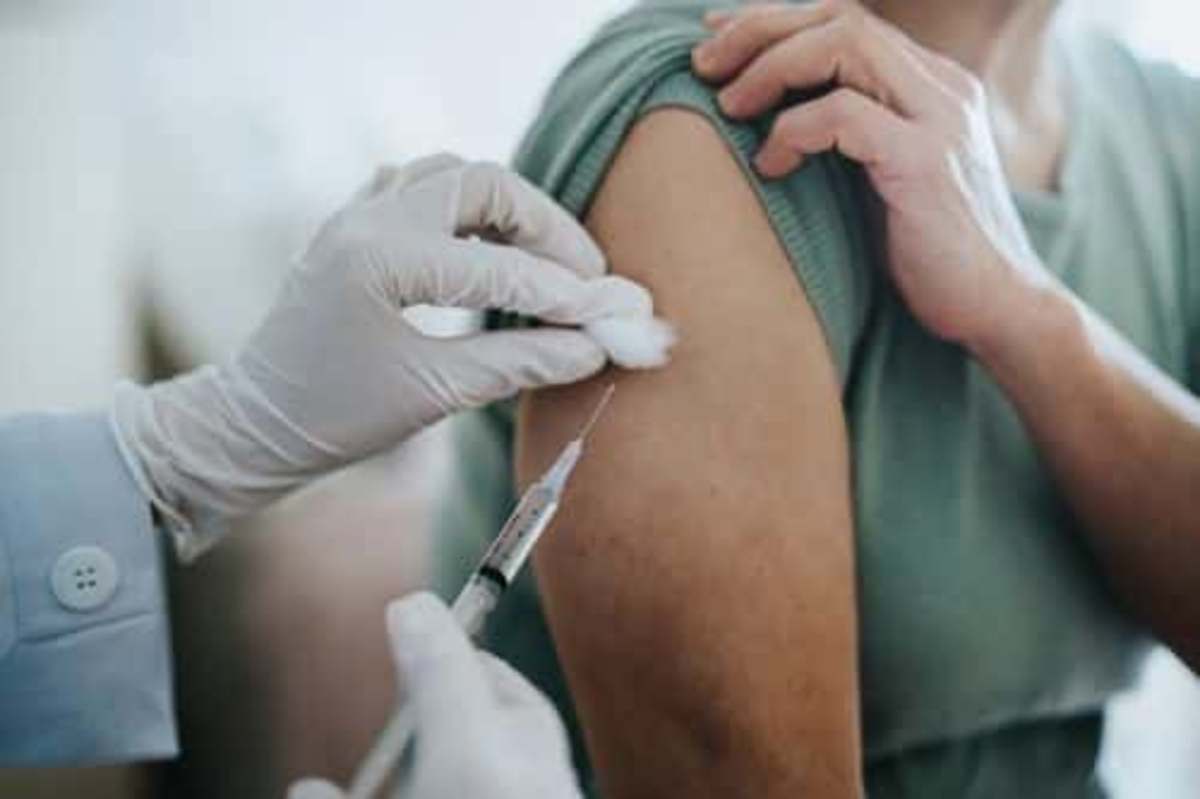What is NXT-2? University of Georgia promises new vaccine will keep deadly fungal infections at bay

ATHENS, GEORGIA: A first-of-its-kind vaccine has reportedly been developed by scientists to shield against severe symptoms of hard-to-treat fungal infections that have caused millions of deaths worldwide. The vaccine, called NXT-2, was created by researchers from the University of Georgia (UGA).
The university researchers are currently planning to begin the early human trials after successfully testing the vaccine on mice and monkeys. During the animal trial, the shot was able to work against the three most common families of fungi infections that can cause threatening illnesses among people with compromised immune systems. These three deadly fungi strains collectively cause around 3,500 deaths and 50,000 hospitalizations annually in the US, according to Daily Mail.
READ MORE
What is the VEXAS syndrome? You might already be suffering from deadly virus and NOT know about it
What is Ozempic face? Doctors explain how miracle weight loss drug makes you look OLD
What is NXT-2 vaccine?
The vaccine, also known as ‘Pan-Fungal’, works by providing the body with antibodies that can fend off illnesses brought on by three species of fungus, namely, Aspergillus, Candida, and Pneumocystis. “There’s a significant unmet clinical need for this kind of prevention and also treatment, particularly among immunocompromised individuals,” said Karen Norris, lead investigator on the new study. He added, “The patient population at risk for invasive fungal infections has increased significantly over the last several years.”

Before considering the human trials, the shot was tested on 103 mice and 25 monkeys that were immune while being suppressed and exposed to a fatal amount of fungi. The developers tested four different vaccine candidates against Aspergillus, Candida, and Pneumocystis, according to research published in PNAS Nexus. The researchers vaccinated 20 mice and two monkeys but did not expose them to fungus – to determine if the vaccine had any side effects. They then vaccinated other animals and suppressed their immune system with drugs before exposing them to fatal fungal infections.
This test was done to simulate the vaccine's effectiveness in an immunocompromised individual, who is most at risk of developing a serious disease. As a result, the NXT-2 injection was the only vaccine that successfully managed to fend off severe illnesses from all three fungi in each animal. The vaccine was passed after it showed no significant adverse side effects to the 12 animals that received it and were not exposed to the deadly disease.
Why do humans need a 'Pan-Fungal' vacation?
In 2022, the World Health Organisation (WHO) released a statement warning that fungal infections are becoming a "serious hazard" to public health and are spreading across the globe as a result of changing climatic conditions that make habitats more conducive to them. In 2021, fungal infections caused 7,000 deaths in the US - and 1.5 million worldwide, according to data provided by the Centers for Disease Control and Prevention (CDC).

Fungal infections are caused when a person either breathes in or comes in contact with infected particles. Generally, people with a healthy immune system are adept at warding off these deadly fungus infections. But people, who have underlying illnesses like HIV, cancer, diabetes, or a compromised immune system, are at higher risk of being affected with serious diseases and death. Further, in recent years, researchers have noticed a sudden rise in a number of deadly fungal infections.
In 2021, thousands of deaths were recorded due to the hazardous black fungal infection, predominantly in India, along with countries like Chile, Uruguay, Iraq, and Egypt. Talking about the United States, a deadly fungal infection, known as ‘Valley Fever’ that kills one of 100 people, is growing at a surprising pace. Candida, a family of infections that includes the common C Auris, has had annual US deaths rise from 1,010 in 2018 to 1,769 in 2021. With finally earning success, the UGA researchers are believing that their vaccine will curb these figures significantly.
"This is an area that has been underdeveloped on the research front for a long time," Dr Norris said, adding, 'these are very large populations of people who are at risk of invasive fungal infections, and although there have been considerable efforts to develop vaccines, none are yet approved.'










